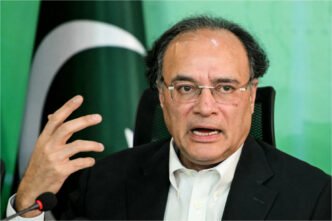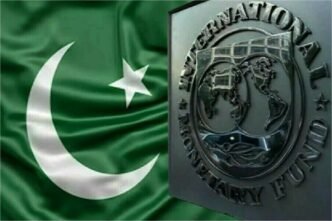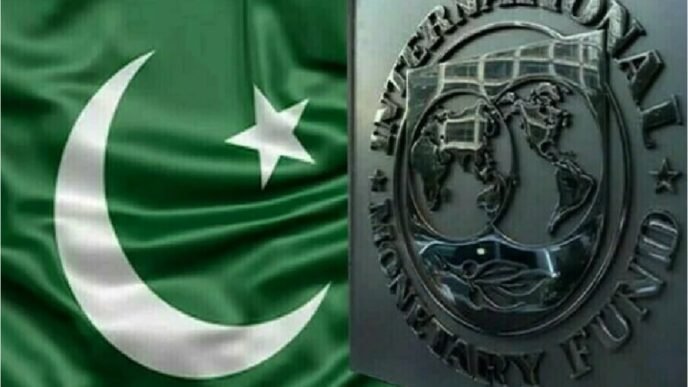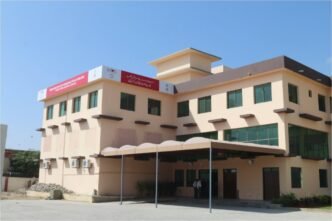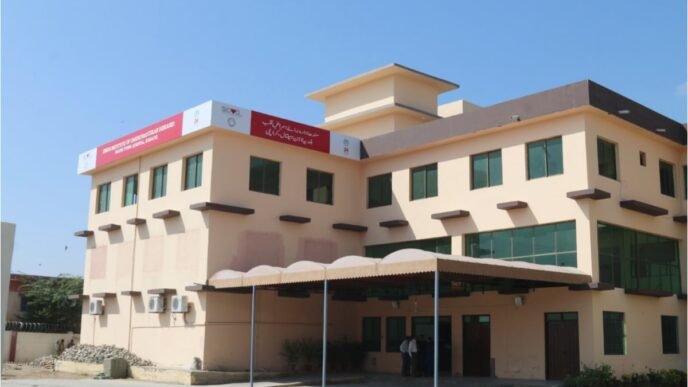Aurangzeb seeks constructive engagement with US on trade
ISLAMABAD: Federal Minister for Finance Senator Muhammad Aurangzeb discussed economic stability, reforms, investment opportunities, climate challenges, and trade during a series of high-level meetings in Washington.
The finance minister is in Washington for the annual spring meetings of the International Monet Fund (IMF) and the World Bank.
The minister participated in the G-24 Finance Ministers and Central Bank Governors’ meeting and as the Second Vice Chair of the group, he highlighted Pakistan’s macroeconomic stability, achieved through resilient banking systems and sustained structural reforms.
He emphasized the need to stay the course on reforms amidst global economic challenges, including geopolitical dynamics, trade fragmentation, and protectionism.
Additionally, he underscored the importance of regional corridors, trade connectivity, and South-South collaboration to enhance investment and trade flows.
During an IMF-hosted panel discussion titled “Revenue Mobilization in the Medium Term,” the finance minister outlined Pakistan’s efforts to broaden and deepen the tax base to ensure that sectors like agriculture, real estate, and retail contribute proportionally to GDP.
“These strategies include enhancing contributions from key economic sectors, transforming the Federal Board of Revenue (FBR) through technological advancements and process improvements, minimizing taxpayer-collector interface, strengthening enforcement and compliance, and utilizing AI for customized audits,” said the finance minister.
Aurangzeb also participated in a fireside chat at the Atlantic Council’s Economics Center, addressing “Challenges and Opportunities for the Pakistani Economy through 2025 and Beyond.”
He outlined the government’s reform agenda, which includes digitalization of FBR, enhanced provincial involvement in the tax collection, and provinces’ legislation on the Agriculture Income Tax.Pakistani travel guides
“Through ongoing efforts to rationalize federal spending and collaborate with provinces under a National Fiscal Pact, we’re building sustainable economic foundations,” added the Minister.
The finance minister also addressed climate and population challenges, highlighting the World Bank’s 10-year Country Partnership Framework (CPF) for Pakistan.
